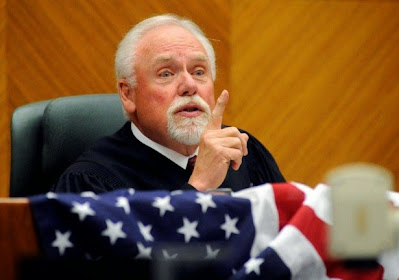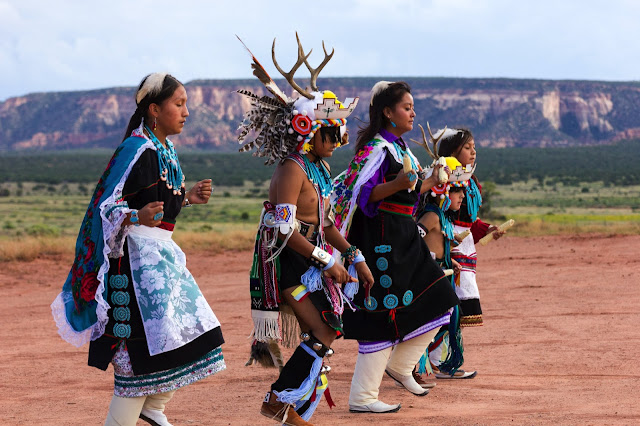Racist Emails of Federal Judge, and Why Native Advocates Want to See Them
This article appeared on Indian Country Media Network in 2014. For more on topics like this, see my book, American Apartheid: The Native American Struggle....
They say the cover-up can be worse than the crime. Right now they’re running neck and neck in the Ninth Circuit Court of Appeals, the federal court system for the nation’s nine westernmost states. Both the Ninth Circuit and one of its former chief district judges, Montana’s Richard Cebull (seen here), have been taken behind the judicial woodshed by a federal panel with a very long name—the Committee on Judicial Conduct and Disability of the Judicial Conference of the United States.
They say the cover-up can be worse than the crime. Right now they’re running neck and neck in the Ninth Circuit Court of Appeals, the federal court system for the nation’s nine westernmost states. Both the Ninth Circuit and one of its former chief district judges, Montana’s Richard Cebull (seen here), have been taken behind the judicial woodshed by a federal panel with a very long name—the Committee on Judicial Conduct and Disability of the Judicial Conference of the United States.
On January 17, the oversight panel reprimanded Cebull
for sending hundreds of emails with disparaging racial, sexual, religious and
political content, including “disdain and disrespect for African Americans, Native
Americans and Hispanics.” During
Cebull’s career, he sentenced numerous persons of color and, in fall 2012, used
what the Justice Department called a “completely incorrect” reading of the
Voting Rights Act to deny Wandering
Medicine v. McCulloch, a Native American voting-rights lawsuit with
implications for minority ballot access nationwide.
The federal oversight panel also sternly reminded the Ninth Circuit judges who
uncovered Cebull’s many messages, then attempted to sanitize them, that it’s “important to maintain public confidence in judicial
conduct.” Finally, the panel made public the report the Ninth
Circuit investigating judges had written, then tried to replace with a second,
milder document.
That’s a start, said Bret Healy, consultant to Native
voting-rights group Four Directions, which is advising Montana tribes on Wandering Medicine v. McCulloch. “The full
content of the emails must be released. Even learning in the current, tougher
report that the messages are ‘disparaging’ or went to ‘colleagues’ and ‘court
staff’ isn’t enough. What did they say? Who received them? How did they reply? Cebull
was a federal judge. The public deserves to know.”
The scandal’s first round landed
in February 2012, when Cebull emailed colleagues a sexually repellant slur
directed against President Obama’s late mother. The message was forwarded and
ended up at a newspaper. The story went national, with officials, organizations
and members of the public demanding Cebull’s resignation.
This furor was still in full cry in the fall of 2012,
when Cebull heard Wandering Medicine v.
McCulloch. In the suit, Montana Native plaintiffs asked for equal access to
early voting. Cebull played out the proceedings until Election Day, when he decided American Indians couldn’t have early-voting offices.
“Every once in a while, a spotlight suddenly shines on what you’ve been
fighting for, and everything becomes clear,” said OJ Semans, Rosebud Sioux
civil-rights leader and co-director of Four Directions. “Back in 2012, we knew
Cebull was no good, and to have the federal oversight panel confirm it is
perfect.”
Meanwhile, Wandering
Medicine v. McCulloch didn’t die in Cebull’s courtroom. The Native
plaintiffs appealed, and other Ninth Circuit appeals judges (not involved in
the cover-up) vacated Cebull’s decision and sent the case back to Montana for a
re-do. A new judge will preside over a preliminary hearing this week and a
trial in June.
“That’s good,” said Healy, “but if Cebull hadn’t heard
this case to begin with, tribal members in Montana would have equal voting
rights already, and we wouldn’t be wasting all this time.”
Text c. Stephanie Woodard; photograph courtesy Indian Country Media Network.
Text c. Stephanie Woodard; photograph courtesy Indian Country Media Network.


